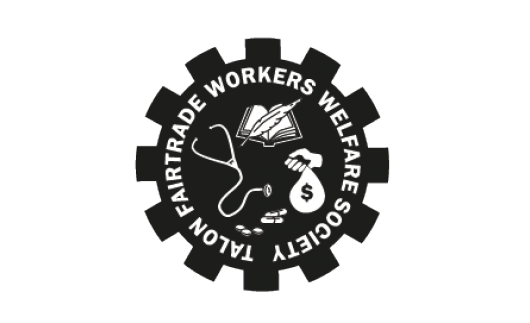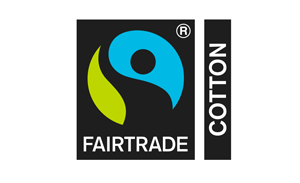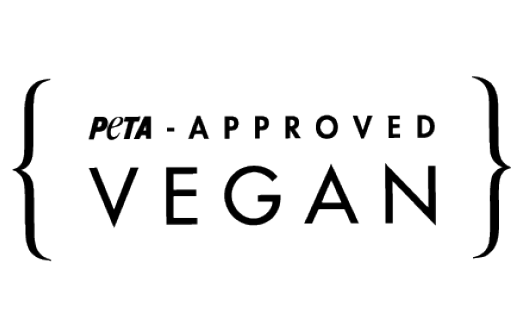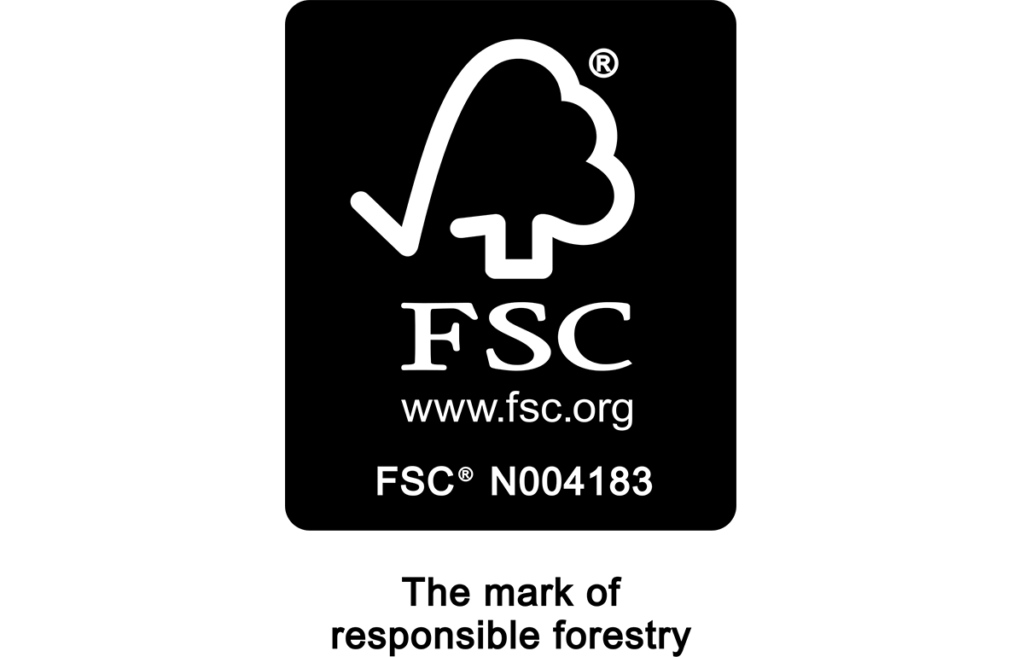A Skateboard Made from Trash
ONE OF US
Name: Tobias Heeb (40) & NiA – derieved from Nicole Andrea – Ruckstuhl (34)
Primary residence: Lanzarote
Mission: The “Cleaner Ocean Upcycling Productions” association – COUP.
Lanzarote/Basel – Cirrus clouds streak the blue sky while bare feet leave their prints in the sand below. But it’s not sand grains running through Nia Ruckstuhl and Tobias Heeb’s fingers. It’s small white plastic beads known as microplastic. The geographical location of the Playa de Famara beach is directly in the path of ocean currents that wash these tiny particles up onto the entire stretch of the four-kilometer long beach.
Although the island of Lanzarote enjoys UNESCO protected biosphere status, the oceans bring trash to its shores from all over the world.
Nia and Tobias are the founders of COUP. Having already travelled and explored the world, this Swiss couple settled here in 2010, where they have since added two young sons to the family. Every month Nia and Tobias organize at least one beach cleaning action. While the ecological benefits of this are obvious, there is also an entrepreneurial vision. Nia and Tobias are aiming to launch the serial production of a skateboard made from old fishing nets.
They view plastic not as the enemy, but rather as a practical manufacturing material in need of a closed recycling loop.
Tobias explains, “COUP is the label we use for launching information campaigns on the littering and pollution of the oceans and for creating upcycling collections”.
We highlight the price of our consumer society to the world: the pollution of the world’s oceans.
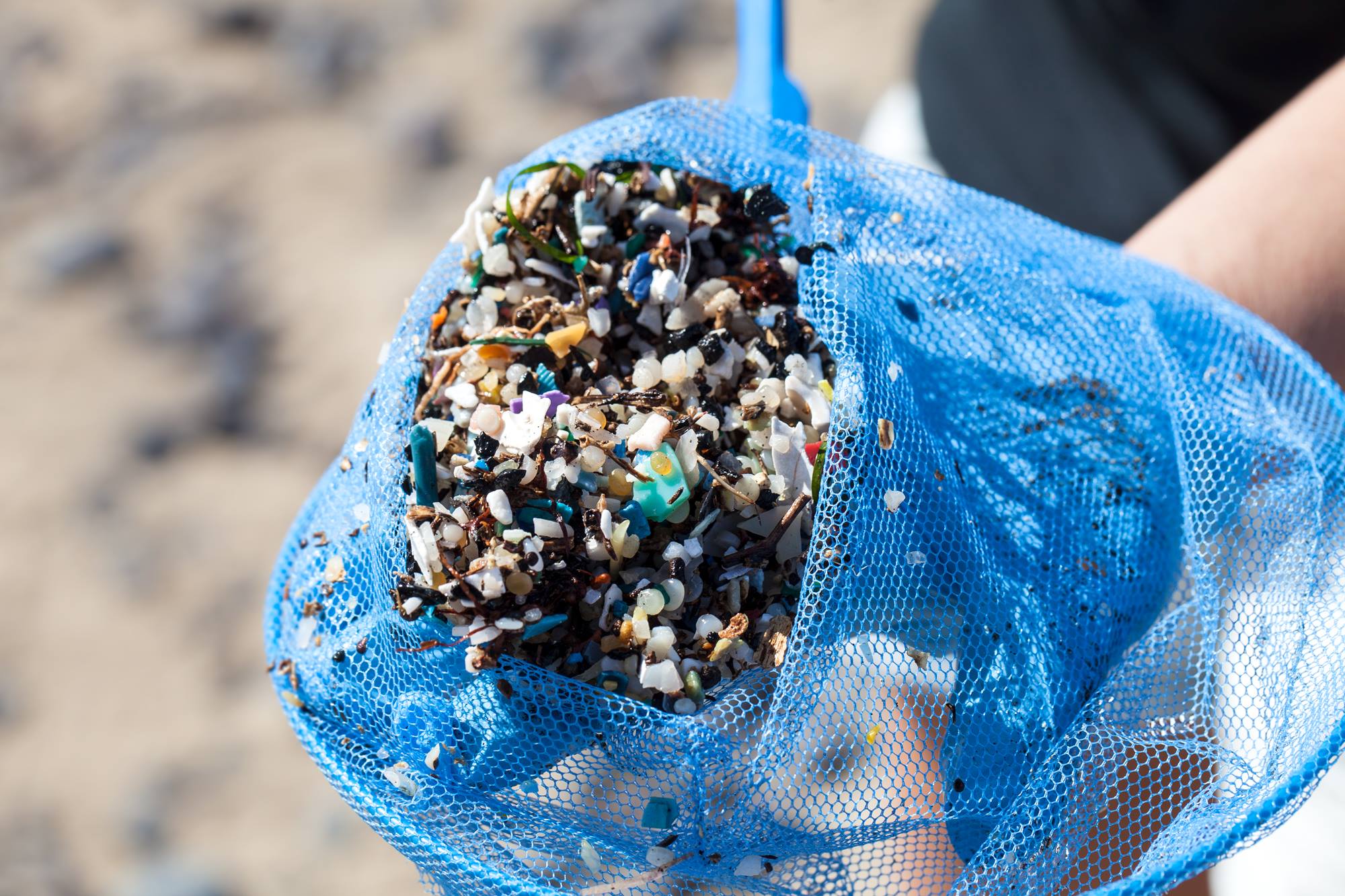
They are using creative ideas, installations and campaign events to raise public awareness about this issue and to show that garbage is also a valuable resource.
We ask if there was a “Eureka!” moment that transformed the couple into ocean litter activists. Tobias tells us that when they were in Senegal where Nia was writing her dissertation, they would join with friends to collect objects that had washed up on shore in the village of Popenguine and use them to make works of art. But the amount of rubbish piling up on the beach in the neighboring village of Ndayane left them speechless. “It was obvious that one small village couldn’t be creating that much waste, so we decided we had to do something”, Tobias remembers.
The beach at Ndayane, located directly adjacent to the Senegalese presidential palace, was the filthiest he and Nia had ever seen. Tobias says, “It seems like the ocean currents push all the trash from the millions of residents in Senegal’s capital city of Dakar into this bay”. He continues:
This is also where I surfed the filthiest wave of my life. Although the waves break perfectly at Ndayane, it’s impossible to relax in the water surrounded by used tampons, condoms and sanitary napkins. The most shocking thing was that none of this seemed to bother the kids from the village. They continue to surf there on old wooden planks and whatever other “treasures” wash up on shore. And the adults hardly even seem to notice all the rubbish. They even dry out the fish from their latest catch in the middle of it all.
Nia and Tobias realized they were dealing with a global predicament. In their view it’s not actually the plastic that’s the problem; it’s what we do with it. They tell us, “Half a year later on November 20th, 2011 we founded the COUP association in the Swiss city of Basel”.
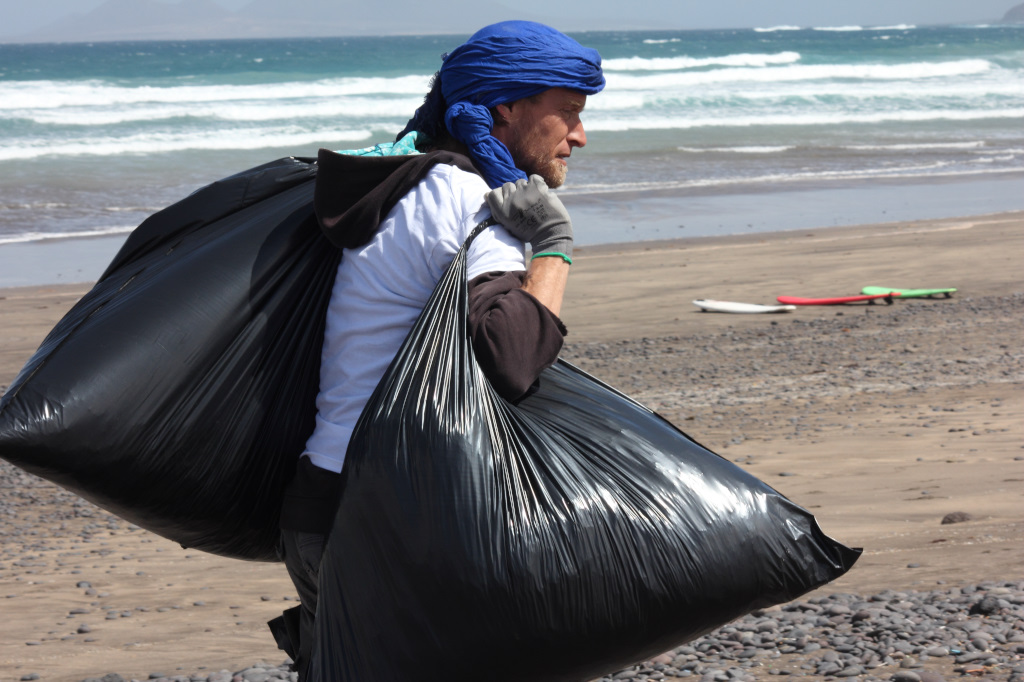
According to the organization’s website COUP is made up of “Nature lovers, culturally interested, Upcycling-Artists, Bartenders, wave enthusiasts and Ping Pong jugglers, actors and poets, Mom’s and Dad’s, DJ’s, videofreaks and musicians!”, all collecting tons of garbage and using it for upcycling projects.
The latest COUP idea is the LitterKiller, a skateboard made by feeding microplastics and disused fishing nets into a solar-driven 3D printer. Old fishing nets lost or discarded in the ocean pose a lethal threat to marine life, especially sea turtles.
“LitterKiller gives fishermen the opportunity to sell their used and damaged fishing equipment to us”, says Nia. The hope is that this financial incentive will lead to a reduction of discarded fishing nets in the world’s oceans.
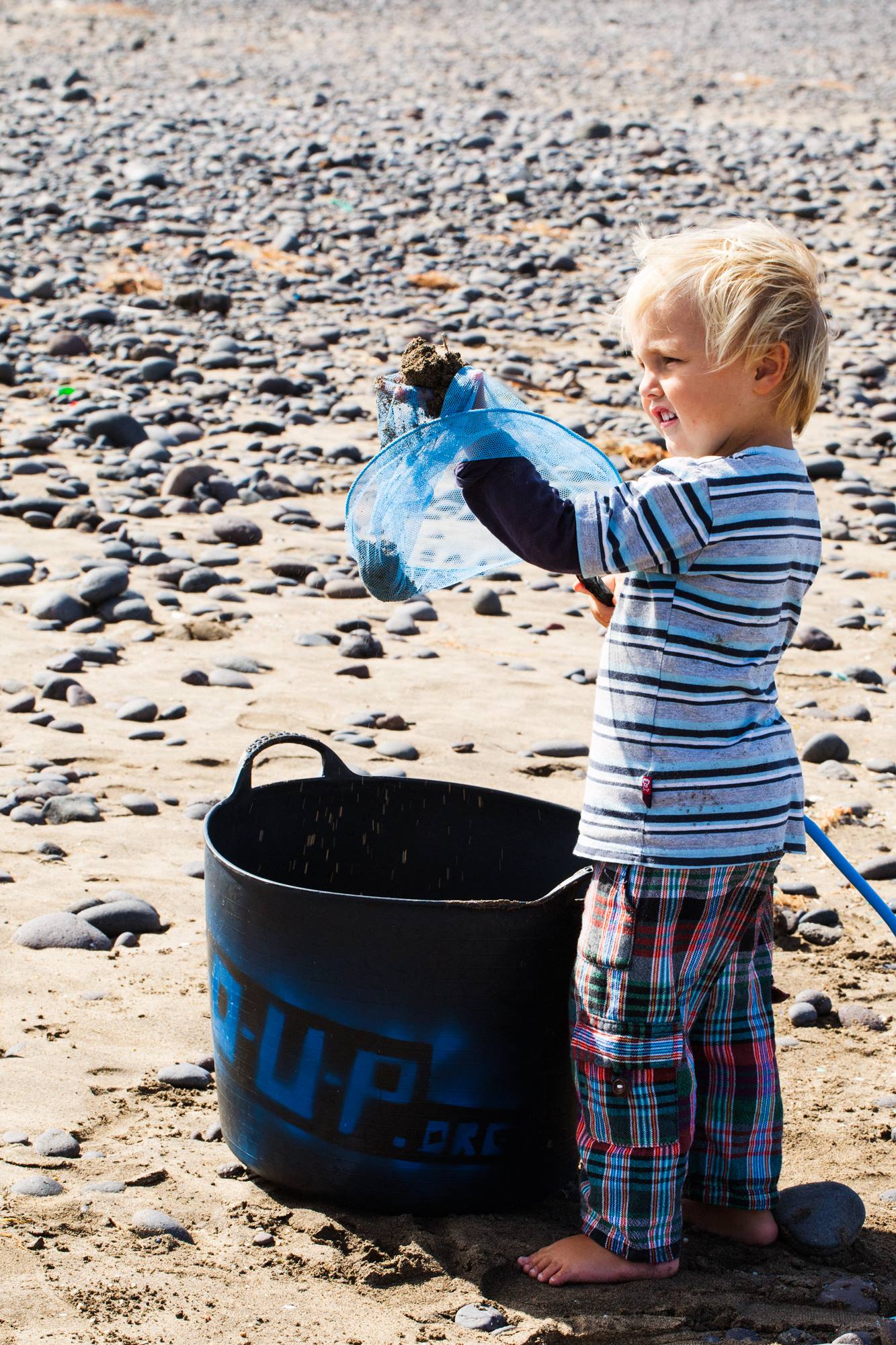
There is currently a Crowdfunding campaign to turn the idea of the trash skateboard into a reality. You’ll find more information on this in the video below. We wish this project all the very best!
Homepage: www.c-o-u-p.org
Facebook page: www.facebook.com/CleanerOceanUpcyclingProductions/
Photos: Esther Suave (1), Vera Hoyer (2), Proyecto Microtrofic (1)
Text: Annika Langhagel, Esther Suave
Translation: John Jeffrey Collier



